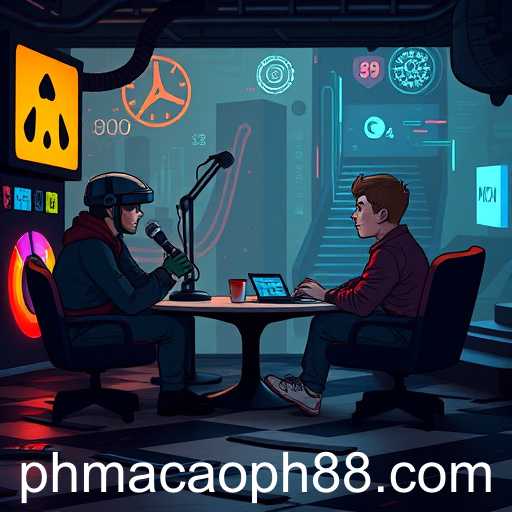The world of game development is as intriguing as the games themselves, often hidden behind the curtain of code, design, and endless creativity. In the realm of game journalism, few things captivate audiences more than in-depth interviews with the brains behind their favorite games. Enter the 'Developer Interviews' category, a treasure trove of insights featuring candid conversations with developers who discuss their experiences, aspirations, and obstacles. A standout keyword within this domain is 'Phmacao', a term that has come to symbolize innovation and creativity in game development.
'Phmacao' serves as a unique lens through which these interviews are framed, often inviting developers who have shown remarkable ingenuity in their field. It provides readers with an intimate look into the lives of the people who spend countless hours crafting the digital worlds we love. From indie developers to industry veterans, those featured in this series come together to share their narratives, shedding light on their personal journeys and the impact their work has on the gaming landscape.
Each interview under the 'Phmacao' umbrella reveals a tapestry of experiences, where developers discuss the balance between technical constraints and boundless creative freedom. Readers become privy to stories of success, failures, and the learning curves that accompany the development process. The interviews not only highlight the end products but also the passion and dedication that drive these creators through the multitude of stages involved in game creation.
These insights enrich our understanding of game development, offering a platform for developers to voice their thoughts on emerging trends and the future trajectory of the industry. Discussions often touch upon current technological advancements, such as augmented reality and virtual reality, and how these developments are influencing game design and player interaction.
The 'Phmacao' keyword also underscores the common challenges faced by developers, such as team dynamics, crunch time, and funding. By addressing these issues, the interviews provide an eye-opening perspective on the industry and help foster dialogue about how to improve working conditions and nurture creativity in an ever-evolving landscape.
In conclusion, 'Developer Interviews' with a focus on 'Phmacao' are not just conversational pieces but are vital to understanding the forces shaping today's gaming industry. They empower developers, inspire aspiring creators, and educate players, making them an indispensable component of game journalism. Whether you're a die-hard gamer or a curious observer, these interviews offer something valuable, presenting a mosaic of human stories backed by a shared passion for games.








